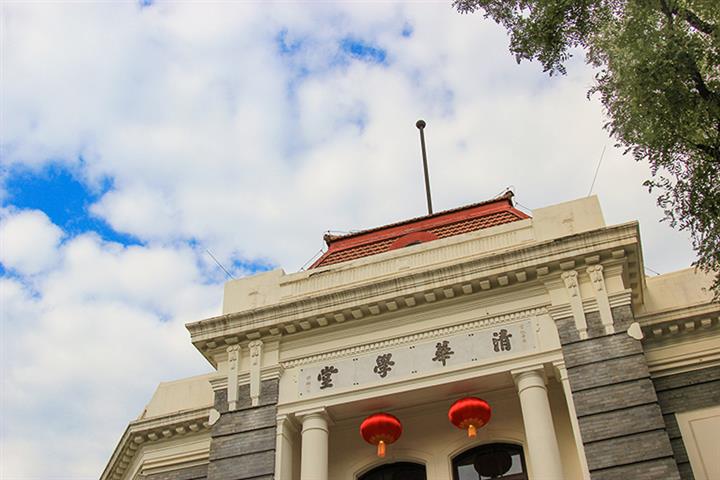 Beijing’s Tsinghua University Opens School to Nurture Chip Industry Talent
Beijing’s Tsinghua University Opens School to Nurture Chip Industry Talent(Yicai Global) April 22 -- Tsinghua University’s new School of Integrated Circuits opened today in a bid to solve the underlying problems holding China’s chip industry back and to plug a gaping hole in available talent.
The school, co-run by the university's former Department of Microelectrics and Nanoelectrics and Department of Electronic Engineering, will gradually realize in-depth integration of electronic information, instrument science and technology, electrical engineering and mechanical engineering-related disciplines, it said. It will also blend higher education with industrial training and become a leader in scientific research.
At present, there are just 30,000 graduates of IC majors in China each year. Yet as of last year, there were 200,000 work positions that could not be filled due to a lack of skilled professionals. There were only 511,900 people working in the IC sector when at least 720,000 such staff were needed.
Chinese industries are also currently facing a severe shortage in semiconductor chips due to geopolitical tensions and the ongoing supply chain disruption caused by the Covid-19 pandemic. The country’s own chip production capacity remains very limited due to a dearth of lithography machines and chemical materials that it is unable to purchase as a result of recent US trade sanctions.
Semiconductors first became a subject area at Beijing’s prestigious Tsinghua University 65 years ago. Since then it has trained over 4,000 undergraduates, 3,000 masters students and 500 doctoral students in IC. In the last five years, more than 70 percent of its graduates have become frontline players in the IC industry.
The Ministry of Education set 'Integrated Circuit Science and Engineering' as a top discipline for educational institutions at the end of last year to help resolve the bottleneck.
Editor: Kim Taylor